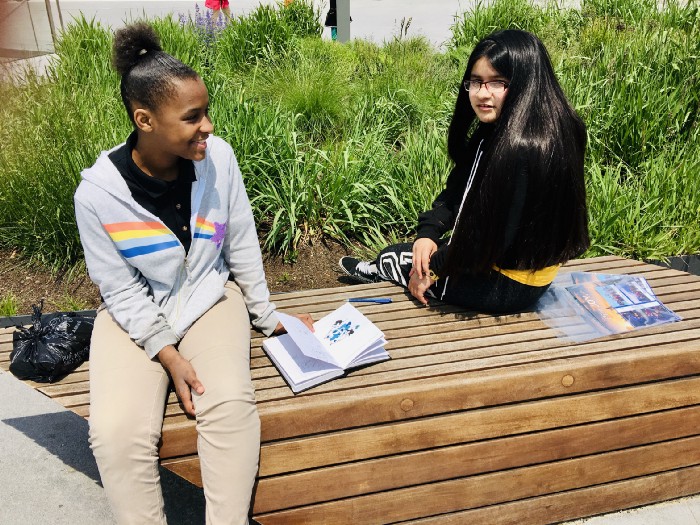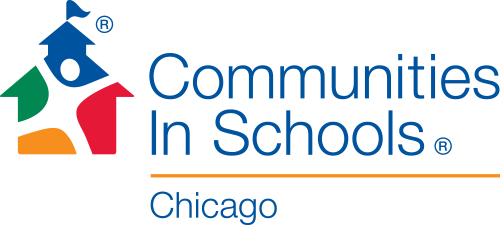There’s no way around it. Screen time has surged, for both adults and children, due to the COVID-19 pandemic. When stay-at-home orders were enacted in cities nationwide, technology became our way of learning, working, socializing, connecting, and even distracting ourselves from the challenges facing home and society. The American Academy of Pediatrics recommends designating screen-free locations at home, such as the bedroom, and prioritizing healthy activities, like sleep, exercise, and family meals.
How does one reconcile this recommendation with the structures in place to keep our students learning and on track for academic success? According to Harvard Pilgrim Health Care, not all screen time is created equally. “Screen time has been lumped into one big, guilt-inducing category,” their team wrote. “But we’re learning that there’s a difference in the mental effects of actively engaging with and passively absorbing what’s on the screen.” By focusing on positive activities and using technology to build healthy connections, students can manage the screen-time grind.
Student Supports Managers at Communities In Schools of Chicago employed these very tactics after they noticed their students were feeling unmotivated and bored. Ms. Melisa Rodriguez, a Student Supports Manager based at Marsh Elementary on the far Southeast Side, became very concerned when she heard that many of her students were not going outside all day long. One student was spending hours at a time playing video games.
Ms. Rodriguez decided to engage her third- and fourth-grade students by starting an Outdoors Group soon after remote learning began. “Being outdoors is something that makes a tremendous difference in my emotional well-being,” she said, “and I knew that it would also benefit my students.” Ms. Rodriguez’s connection with her students came through Google Meet, a channel approved by Chicago Public Schools, but instead of students just logging in from their bedroom or living room, Ms. Rodriguez encouraged them to take their laptops outside.

She begins each Outdoors Group by having the students share their highs and lows of the week. This gives them the space to listen to each other, develop their confidence and social skills, celebrate their successes, and work through issues they may be struggling with. Then, Ms. Rodriguez leads the group in a variety of activities, including outdoor scavenger hunts, yoga stretches, and even Taekwondo! Ms. Rodriguez has a brown belt that she received in South Korea while teaching English there.
She also encourages her students to lead the activities and share some of the sports they like to play. For one student, playing basketball was something he did to unwind while school was in session. Ms. Rodriguez would often accompany him to the school gym to shoot some hoops and take a breather. In Outdoors Group, this student was able to show off his skills. “He was so excited when we would cheer him on as we watched him make basketball shots from his computer screen,” Ms. Rodriguez said.
According to Ms. Rodriguez, even moderate physical activity can have a positive effect on a child’s happiness and improve their emotional well-being. Studies have shown that exercise increases blood flow to the brain and helps the body build more connections between nerves. This leads to better memory function, higher concentration, stimulated creativity, and more developed problem-solving skills.
“Physical activity also helps children cope with the stress that comes with schoolwork, especially while adapting to remote learning,” Ms. Rodriguez said. Students gain important coping skills, self-confidence, and even a sense of accountability. In the spring, Outdoors Group became a place where students talked openly about their academic goals and attendance and a place where they celebrated good grades. Because of the group’s success and the students’ engagement, Ms. Rodriguez decided to continue hosting Outdoors Group throughout the summer.
Outdoors Group even inspired other CIS of Chicago Student Supports Managers to provide alternative forms of activity for their school communities. Ms. Megan McCormick, a Student Supports Manager at CICS West Belden Elementary School, launched a Physical Activity Group this summer, available to all students, which focuses on live movement. Every Wednesday, she leads the group in Zumba, yoga, and aerobics classes to help them prioritize their health and wellness.
For one first-grade student that Ms. McCormick supports, physical activity allowed him to take breaks from remote learning and then reset and refocus on school. Ms. McCormick worked with his mother to practice fun activities he could do when he reached his classwork limit. They watched videos from GoNoodle, including “Fabio’s Meatball Run,” built Legos, and practiced five-finger breathing. These tools helped the first grader and his mother manage both his energy levels and screen time.
After the success of Physical Activity Group, Ms. McCormick also started a Self-Care Group on Thursdays. In this space, students learn about their mind, body, and soul connection. They can explore a “calm room” on Google Meet and engage in drawing activities, mindfulness activities, and relaxation.
In the age of remote learning, opportunities for students to express themselves physically, emotionally, and mentally are key to their success in schooling from home. For additional activities and resources, visit CIS of Chicago’s YouTube channel. You’ll find cooking demonstrations, crafts, dance videos, yoga clips, and more.


